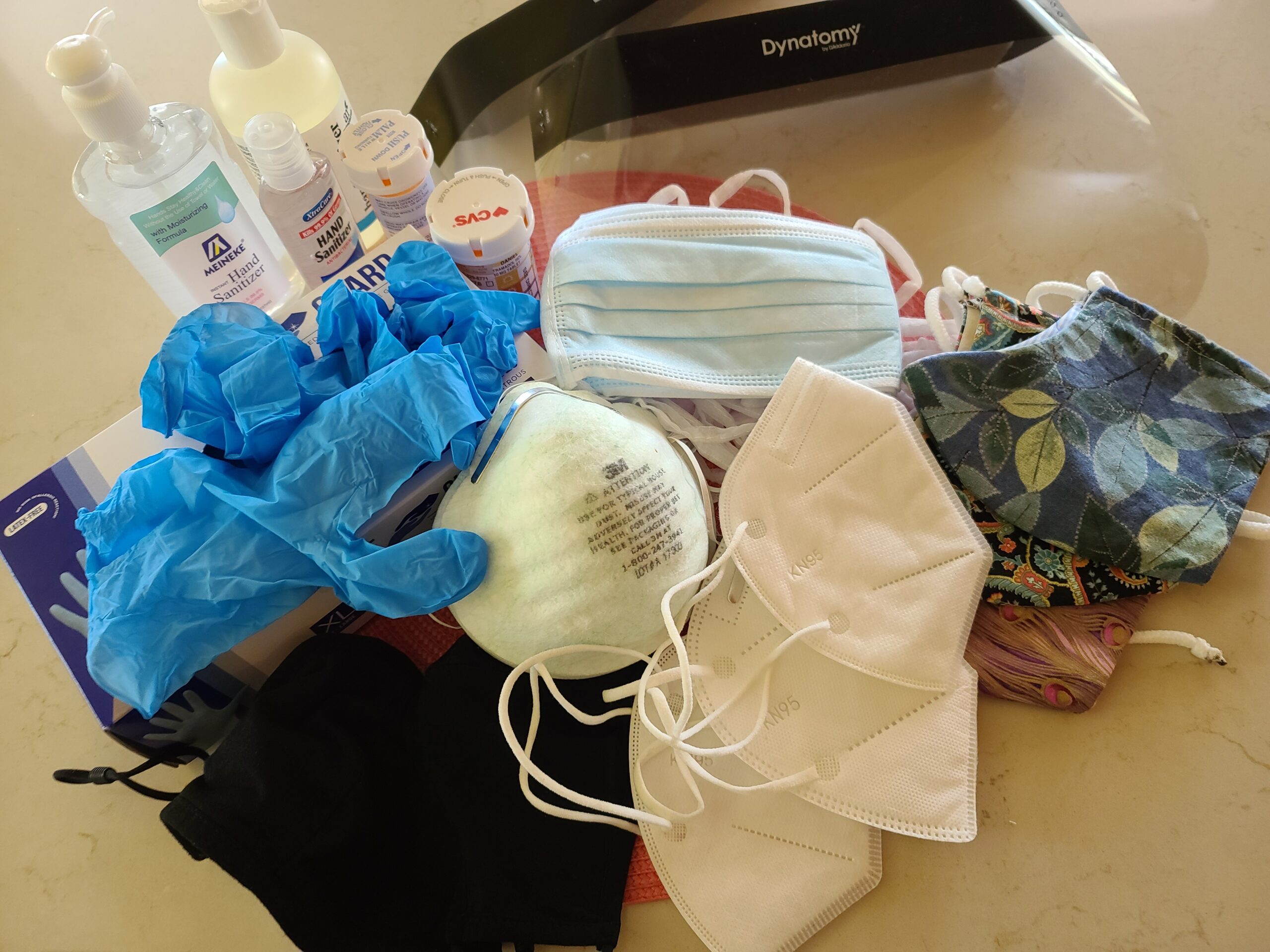In addition to the illness and deaths caused by Covid-19 in the past two years, it has also caused unprecedented stress, anxiety, and frustration for hundreds of millions who never got the virus.
Much of that is due to the constantly changing information about the pandemic? Right now the question is, “Do we still have a pandemic or is it an epidemic or an endemic?”
If it is now considered an endemic situation, will Covid-19 and all its variants become our new normal?
What has become clear through these last two years is that there really are no experts when it comes to dealing with health catastrophes.
Because of confusing, ever-changing advice from people who claim to be experts, it is little wonder that people aren’t listening. Or aren’t believing what they hear.
Who do you listen to? Who really knows? So-called “experts” could be giving opinions instead of facts. Which is why some people got vaccinated; some didn’t. Some people wear masks; some don’t. Some stay home and stay safe; others party, go out, and enjoy a normal social life.
It’s one of the reasons why mandates, whether issued by governments, organizations, businesses or institutions, get push back from people who refuse to have “know-it-alls” tell them how to live their lives.
Before Covid-19, medical mistakes were the third leading cause of death in the U.S. Because of Covid-19 deaths, medical mistakes have moved to the fourth leading cause; Covid is third. Heart Disease and Cancer still rank as numbers 1 and 2.
It makes me question if there are really any experts when it comes to the treatment of health issues? How much trust should we put in doctors and medical experts who are only right some of the time?
Even the American Medical Association recommends that a person diagnosed with a serious disease or chronic health problem should get a second, and sometimes a third, medical opinion and not just accept the first treatment option offered.
What concerns me the most is that treatments are not cures. Treatments are provided to relieve symptoms. Of course we all want symptoms alleviated when we’re ill, but wouldn’t a cure be better?
Which makes me question why there is so much more money and time spent developing new treatments than on finding cures. I believe it is because there is much more money to be made in treating illness than in curing it.
89% of Americans age 65 or older take at least one prescription medication daily. 70% of them take two or more. More than 25% of children and teens in the U.S. take a prescription drug daily. Many of these prescriptions are for chronic conditions caused by bad health choices. Many could be controlled with wellness options instead of drugs.
None of these medicines cure anything. They only treat symptoms. And frequently they cause even more medical problems, that are then treated by even more prescription drugs. Doctors are quick to alleviate symptoms by writing a prescription knowing if the symptoms are gone the patient is happy.
It was medical and pharmaceutical professionals who created the opioid crisis in American by over-prescribing highly-addictive opioid pain killers. Purdue Pharma, who developed OxyContin, ultimately became the fall guy for this, forced to pay $4.5 billion in restitution and forced into bankruptcy.
The pharmaceutical industry in America took in $425 billion in revenue in 2019. Industry projections are that by 2025 Americans will be spending up to $635 billion per year on medicines.
Health-care is a huge industry. Especially in the non-profit world. There are 102,460 non-profit organizations raising money for a wide range of health issues such as mental health, cancer, heart disease, addictions, alzheimers/dementia, MS, diabetes, and the list goes on and on.
Money from health non-profits and government funding plays a key role in research and treatment availability for everything from cancer to bad nutrition. Trillions of combined dollars are spent each year on medical research, testing, treatments, medicines, and outreach programs. But the focus is on treatments; not cures.
From hospitals to nursing homes, pharmaceutical companies to health insurance businesses, government health agencies like the CDC and NIH to the non-profits raising money for diseases, the people in charge know that if diseases were cured or prevented it would ruin their livelihoods and those of millions of people employed in those industries.
What financial motivation exists for curing disease when there are billions to be made by treating it?
It’s up to each of us to make wellness and prevention a priority in our choices. Because you care about yourself more than any expert ever will.
“The aim of medicine is to prevent disease and prolong life. The ideal of medicine is to eliminate the need for a physician.”
William J. Mayo
If you enjoyed this blog and know someone else who would enjoy it, please share it.

